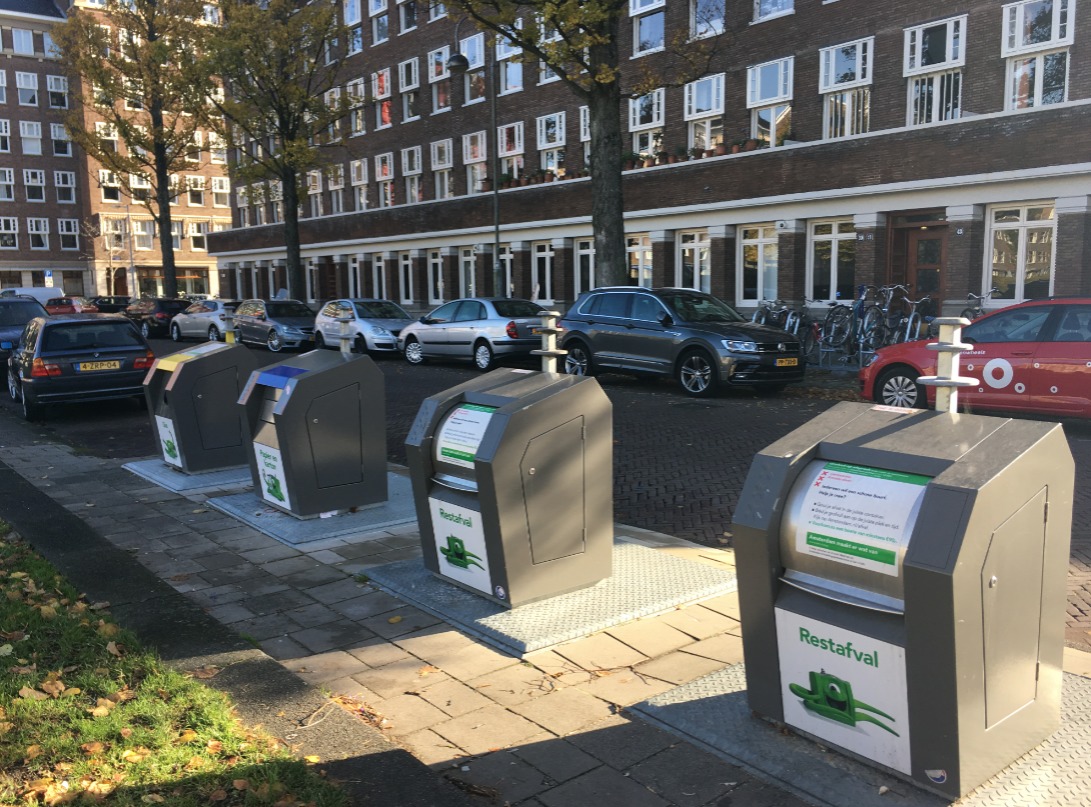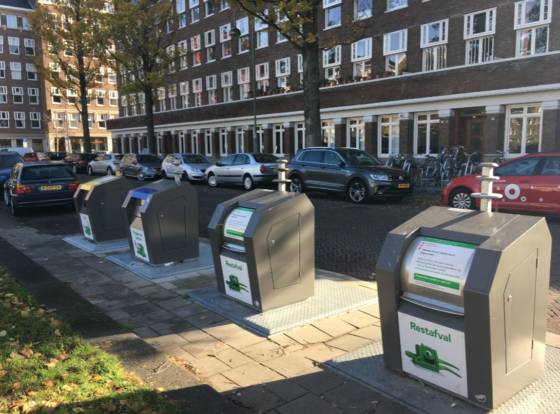Should we pay per bag of rubbish? Most councils fail to meet recycling targets


Just 71 out of 355 local authorities in the Netherlands are meeting targets on recycling waste, the Volkskrant reported on Monday.
The state has set a target of reducing the amount of non-recyclable waste to 100 kilos per person per year by 2020, but the average is currently 151 kilos, the paper said.
The target is proving particularly hard to reach in cities with more than 100,000 inhabitants where the volume of waste not being recycled is as high as 245 kilos per person.
The paper bases its claim on figures from national statistics agency CBS and the infrastructure ministry.
Separating waste into fruit and vegetable matter, plastic, paper and glass is still seen as the most efficient way of reducing non-recyclable waste.
But two towns were the target is being reached – Reusel-de Mierden and Horst aan de Maas – charge locals for each bag of non-recyclable waste they hand in. In Reusel-de Mierden in Noord-Brabant province, locals each produce just seven kilos of non-recyclable waste a year, in Horst aan de Maas, 23 kilos.
Groningen University professor Maarten Allers told the paper that local authorities worry that people will start dumping their rubbish if they are charged for every kilo of left-over waste. ‘But only a couple of councils which introduced pay per rubbish bag schemes have stopped, so their fears may be groundless,’ he said.
Thank you for donating to DutchNews.nl.
We could not provide the Dutch News service, and keep it free of charge, without the generous support of our readers. Your donations allow us to report on issues you tell us matter, and provide you with a summary of the most important Dutch news each day.
Make a donation